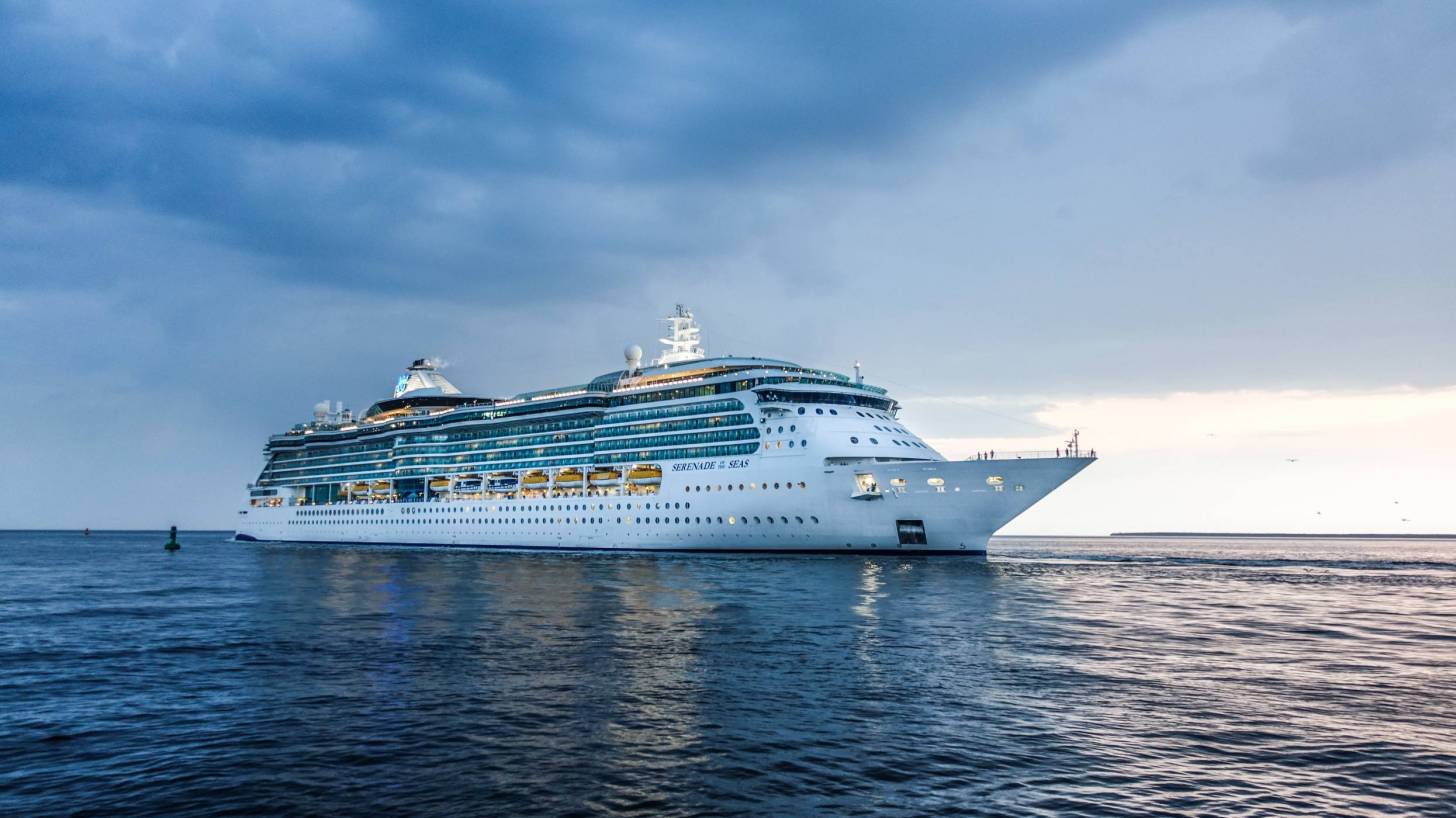4 Cruise Ship Illnesses Remain Classified as ‘Unknown’

Over the past 2 months, several cruise ships have reported passenger and crew illnesses to the Centers for Disease Control and Prevention (CDC).
But, as of June 28, 2018, the CDC has not announced which type of virus affected these voyages.
The CDC Vessel Sanitation Program (VSP) requires a report when 2 percent or more of the passengers or crew have a gastrointestinal illness.
These 4 cruise ships sailed between May 2nd and June 30th, and remain classified as ‘unknown’ by the CDC:
- Regent Seven Seas Cruise - Seven Seas Mariner
- Holland America Group - Zaandam
- Silversea Cruises - Silver Shadow
- Celebrity Cruises - Celebrity
People often associate cruise ships with Acute Gastrointestinal illnesses.
About 20 percent of Acute Gastroenteritis, which causes diarrhea and vomiting, is caused by Norovirus (NoV), according to the Centers for Disease Control and Prevention (CDC).
Norovirus is very contagious and can affect anyone and it the most common cause of diarrhea and vomiting in the United States and globally.
The virus causes your stomach, intestines or both to get inflamed, leading to stomach pain, nausea, diarrhea and to throw up.
You can get norovirus from an infected person, from contaminated food or water, or by touching contaminated surfaces. Generally, about 80 percent of Norovirus outbreaks occur from November to April.
But, cruise ship illnesses are not that frequent.
From 2008 to 2014, 74 million passengers sailed on cruise ships in the CDC Vessel Sanitation Program’s jurisdiction.
And only 129,678 passengers met the program’s case definition for Acute Gastrointestinal illness and only 10 percent were part of a norovirus outbreak.
Recently, scientists at Baylor College of Medicine developed a way to grow human norovirus in cells that line the human intestine.
This study is a major scientific achievement that has been more than 40 years in the making after numerous attempts by many labs, ever since norovirus was first discovered.
This discovery will help the CDC better understand basic human norovirus biology, and how to prevent and treat norovirus infections.
The development of preventive vaccines for norovirus is currently underway, reported a 2017 study.
However, there is not a norovirus vaccine available today.
Our Trust Standards: Medical Advisory Committee
- Replication of human noroviruses in stem cell–derived human enteroids
- Outbreak Updates for International Cruise Ships
- GII. 4 Sydney Norovirus Could Have Stowed Away on Holland America Cruise Ship Zaandam
- Holland America Cruise Ship Headed for Alaska Reports 73 Sick
- Will Your Next Cruise Ship Pass a Health Inspection?


























